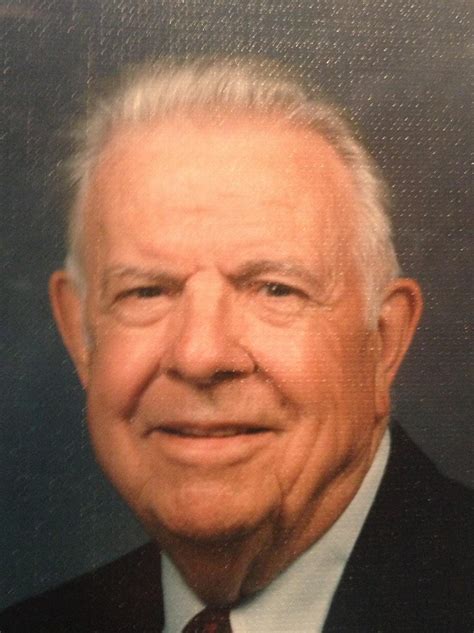A Quote by Steven Pinker
The European wars of religion were more deadly than the First World War, proportionally speaking, and in the range of the Second World War in Europe. The Inquisition, the persecution of heretics and infidels and witches, they racked up pretty high death tolls.
Related Quotes
The casualties in the Civil War amount to more than all other wars - all other American wars combined. More people died in that war than World War II, World War I, Vietnam, etc. And that was a war for white supremacy. It was a war to erect a state in which the basis of it was the enslavement of black people.
World War Two was a world war in space. It spread from Europe to Japan, to the Soviet Union, etc. World War Two was quite different from World War One which was geographically limited to Europe. But in the case of the Gulf War, we are dealing with a war which is extremely local in space, but global in time, since it is the first 'live' war.
In an all-out nuclear war, more destructive power than in all of World War II would be unleashed every second during the long afternoon it would take for all the missiles and bombs to fall. A World War II every second-more people killed in the first few hours than all the wars of history put together. The survivors, if any, would live in despair amid the poisoned ruins of a civilization that had committed suicide.
... there was the first Balkan war and the second Balkan war and then there was the first world war. It is extraordinary how having done a thing once you have to do it again, there is the pleasure of coincidence and there is the pleasure of repetition, and so there is the second world war, and in between there was the Abyssinian war and the Spanish civil war.
Is it not tragic, for example, that while in the last World War almost everyone believed it was the war to end all wars and wanted to make it so, now in this Second World War almost no writer that I have read dares even suggest that this is the war to end all wars, or act on that belief? We have lost the courage to hope.
And always we had wars, and more wars, and still other wars - all over Europe, all over the world. "Sometimes in the private interest of royal families," Satan said, "sometimes to crush a weak nation; but never a war started by the aggressor for any clean purpose - there is no such war in the history of the race."
When you say that after World War I there was a pandemic that killed more people than the war itself, most will say: "Wait, are you kidding? I know World War I, but there was no World War 1.5, was there?" But people were traveling around after the war, and that meant the force of infection was much higher. And the problem is that the rate of travel back then was dramatically less than what we have nowadays.
The Philippines and the U.S. have had a strong relationship with each other for a very long time now. We have a shared history. We have shared values, democracy, freedom, and we have been in all the wars together in modern history, the World War, Second World War, Cold War, Vietnam, Korea, now the war on terrorism.





































